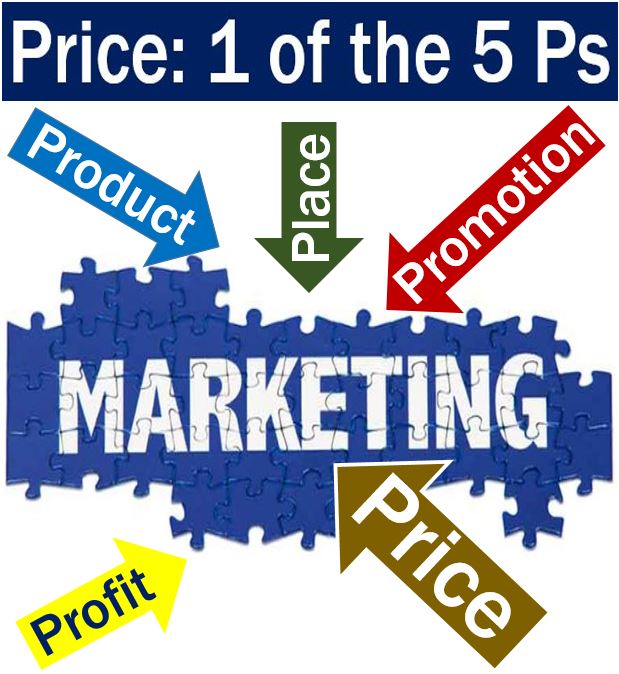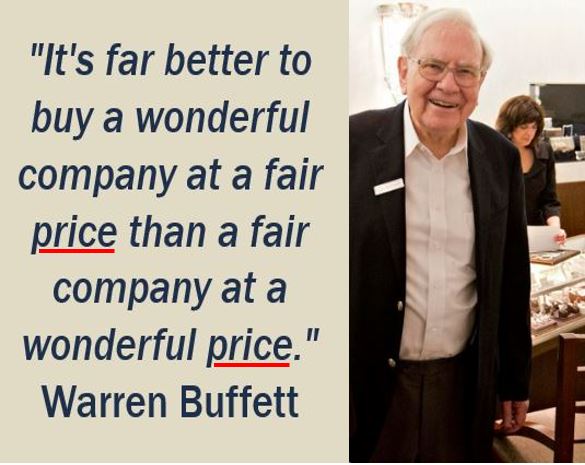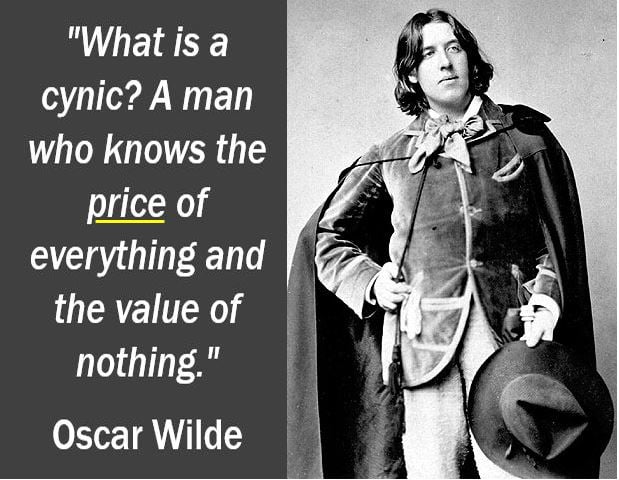The term ‘Prices’ refers to how much somebody sold something for or how much somebody paid to buy it. It is also the amount somebody offers something for sale.
It is a component of a transaction or exchange that takes place between a buyer and a seller. It refers to what the buyer needs to give up in order to obtain something from the seller.
In today’s modern economies, businesses typically express prices in units of dollars, pounds, euros or another currency. We quote commodities, for example, as currency per unit weight, such as dollars per kilogram.
It is also possible to quote goods and services in a barter-like exchange. To buy a fridge, for example, you must give up one camel. This today is extremely rare.
Sometimes businesses quote prices using loyalty points, vouchers, air miles, or trading stamps. Prisoners in many parts of the world quote the prices of goods and services in cigarettes.
According to Dictionary.Cambridge.org, price is:
“1. The amount of money for which something is sold. 2. The unpleasant results that you must accept or experience for getting or doing something: [as in] ‘Perhaps being unpopular is the price of success.’ 3. To say what the price of something is: [as in] ‘The car is priced at $28,000.’”
Price – buyer’s and seller’s view
The word has different underlying meanings for different entities in an exchange of goods or services.
– Buyer’s View: prices represent what needs to be given up to receive goods or services. In the vast majority of cases today, the buyer needs to give up money.
When purchasing a new computer system, in order to learn how to use it properly, the buyer must also give up time.
– Seller’s View: prices represent the revenue a business receives when it sells something. It is a crucial factor when calculating profit. Marketing professionals use it as a tool in advertising campaigns to attract or lure potential purchasers.

Price vs. cost
In the world of business, costs are the expenses that a commercial enterprise incurs when it brings products or services to market. Prices, on the other hand, are how much consumers pay for those goods or services.
As far as a company is concerned, the difference between the costs and prices of the products it sells are the profits.
If it cost $50 to bring a product to market, and its price is $100 – the business sells it for $100 to consumers – the company makes a $50 profit.
Bid vs. ask price
In many markets, such as the trading of precious metals, traders need to know what ‘bid’ and ‘ask’ mean.
– Bid Price: this is how much a gold dealer, for example, is willing to buy the metal for.
– Ask Price: this is how much a gold dealer is willing to sell the metal for.
The bid-ask spread is the difference between the bid and ask prices – the spread is the broker’s profit.
 Warren Edward Buffett is an American multibillionaire businessman, investor, and philanthropist. According to Forbes magazine (April 23, 2017), he is the second-richest person in the world, with a real-time net worth of $73.4 billion. Known as the ‘Oracle of Omaha’, Buffett’s company – Berkshire Hathaway – owns over sixty companies, including Duracell, Dairy Queen and Geico. He first filed taxes when he was thirteen, and first bought stock at the age of eleven. (Image: adapted from twitter.com/WarrenBuffett)
Warren Edward Buffett is an American multibillionaire businessman, investor, and philanthropist. According to Forbes magazine (April 23, 2017), he is the second-richest person in the world, with a real-time net worth of $73.4 billion. Known as the ‘Oracle of Omaha’, Buffett’s company – Berkshire Hathaway – owns over sixty companies, including Duracell, Dairy Queen and Geico. He first filed taxes when he was thirteen, and first bought stock at the age of eleven. (Image: adapted from twitter.com/WarrenBuffett)
Etymology of ‘price’
Etymology is the study of the origins of words and how they have evolved. A person who specializes in etymology is an etymologist.
The term ‘price’ as a noun in the English language dates back to 1200 with the word ‘Pris,’ which meant ‘value, praise, worth’ – and later ‘cost, prize, recompense.’ It came from Old French ‘Pris,’ meaning ‘reward, wages, value’ as well as ‘praise, fame, honor, prize.’
The Modern French word ‘Prix’ came from Late Latin ‘Precium’ which originated from Latin ‘Pretium.’ The Latin term came from Sanskrit ‘Aprata,’ meaning ‘gratuitously, without recompense.’
As from 1766, in Britain, the word as a verb emerged with the meaning to ‘offer a reward for capture.’

